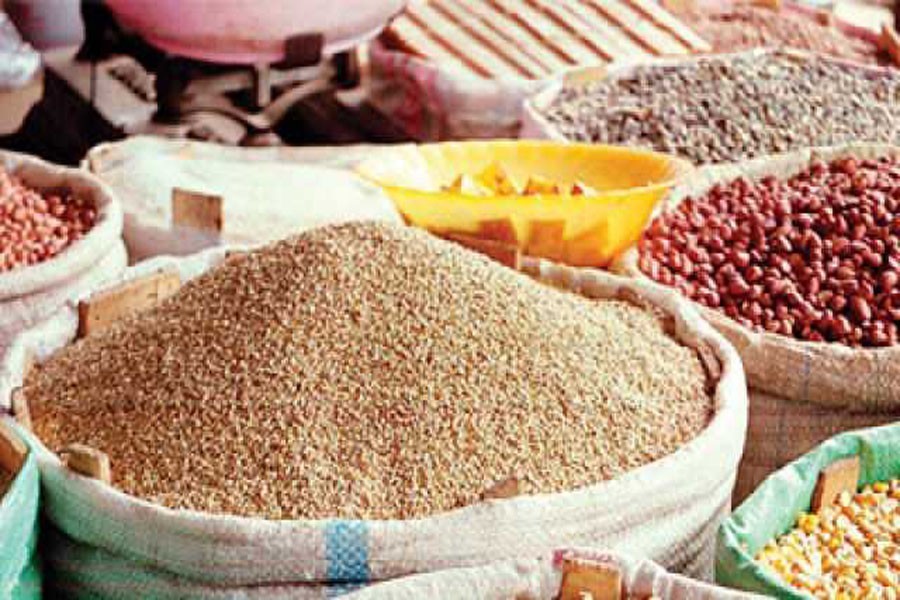With a fairly good harvest of Boro paddy, there is apparently no reason to worry about the country's food stock for another six months, according to the agriculture ministry. The next major paddy crop Aman which is set to be harvested in less than six months and that of Aus, a lesser yielding crop, coming up in three to four months from now make it a no-worry situation in so far as food security is concerned. Amid the Covid-induced adversities in most sectors of the economy, food security did figure as a major concern given the requirement of massive quantities of rice under the subsidised open market sale (OMS) operations for the poor and low-income population across the country. The worries gone, the government is not as ill-placed as some observers had thought earlier, and no doubt, the current stock position of staples like rice and wheat and good harvest of Boro have offered a great respite to keep going with plans to gradually reactivate the economy.
In the last financial year (2018-19), Boro accounted for 54 per cent of total rice production in the country. Aman came next with 38 per cent and Aus 8.0 per cent. So, it is expected that following the Boro harvest by the end this month, the government should ensure sufficient facilitations for the next two crops Aus and Aman in order that good harvest in those crops adds to total food security for a year and a half. Some incentive packages have already been announced that include easy loan terms for procurement of seeds and fertiliser for small and marginal farmers and halving irrigation charge for pumps owned by Bangladesh Agricultural Development Corporation.
The government started procuring paddy and wheat from April 26. The total target of procurement is 0.8 million tonnes of paddy and 1.15 million tonnes of milled rice. The government has the capacity to store 1.93 million tonnes of food grains in its godowns. According to statistics, Bangladesh had a supply of 37.3 million tonnes of food grains (rice and wheat) from May 2019 to last month, and the country consumed around 35.8 million of food grains last year. As regards the ongoing procurement, observers are of the opinion that the government should go for more paddy than milled rice in order to ensure fair price for farmers.
In view of what so far appears to be satisfactory in respect of staples, there is the need to focus on farm and horticulture products. The two worst affected farm sub-sectors are dairy and poultry. Industry insiders are of the opinion that at the moment there is a critical need to dish out funds, not just in terms of loans on easy terms, but by way of cash subsidy and fiscal incentives in order that despite losses, these two vital sub-sectors can regain the energy to get going. Similarly, fisheries sub-sector would also need the required thrust in financial and fiscal terms to revive from loss of business in both domestic and export marketing.


